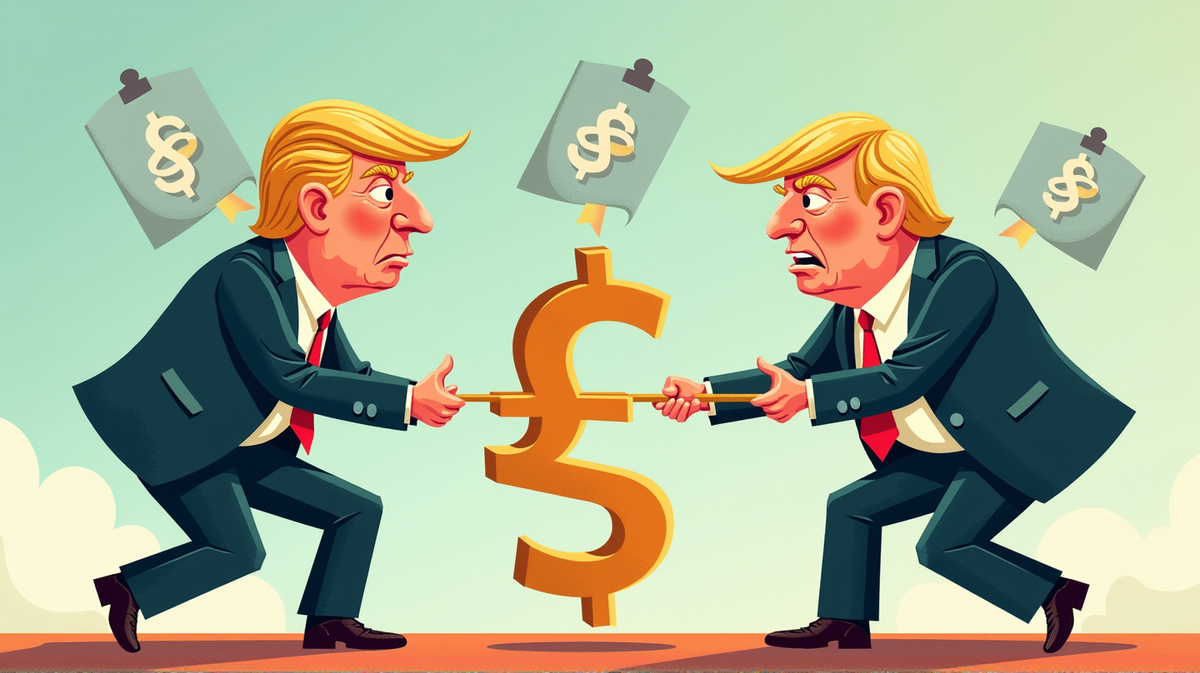Trump's Tariff Revenue Claims Countered by Experts

Donald Trump, the former U.S. president, recently made bold assertions that his tariffs would deliver over a trillion dollars in revenue for the country. Yet, economists and analysts have sounded the alarm, casting doubt on these optimistic figures. They caution that the true impact could be higher prices for American consumers.
The Trump Tariff Vision
President Trump has often stated that tariffs could be a game-changer for the U.S. economy. He envisions a scenario in which trillions could be funneled into government coffers, thereby reducing national debt and potentially slashing income taxes. “You’re going to see billions of dollars, even trillions of dollars coming into our country very soon,” he confidently asserted. But is this vision too good to be true?
Economists Dispute the Trillion-Dollar Dream
Economists have poured cold water on Trump’s predictions. According to CBS News, there’s a cap on how much revenue tariffs can truly generate—potentially far less than the trillion-dollar figure that Trump proposes. For instance, the Yale Budget Lab estimates a more realistic figure of \(60 to \)65 billion annually from auto tariffs, nowhere near Trump’s proclaimed trillions.
Rising Costs for Consumers
One tangible consequence is the upward pressure on domestic prices. If importers choose to pass down the costs of tariffs, everyday Americans will bear the brunt. For instance, new motor vehicles could become 13.5% more expensive, translating to an extra $6,400 for the average buyer. These are not mere numbers; they reflect the tangible hit to the household budget.
The Ceilings of Tariff Revenue
The possibility of tariffs replacing income taxes seems far off. Income taxes rake in upwards of $2 trillion each year. Even under the most extreme scenarios, such as a hypothetical 50% tariff on all imports, estimates suggest this would cover less than 40% of income tax revenue.
Historical Context and Future Outlook
Historically, tariffs haven’t been a primary revenue source since the advent of income tax in 1913. In 2024, tariffs accounted for just 1.7% of federal revenue, far from the transformative role Trump envisions. As history suggests, tariffs might not be the magic bullet for fiscal transformation, and they certainly come with their own set of economic challenges.
In conclusion, while the debate on tariffs continues, one thing remains clear: the hope for replacing traditional revenue through tariffs might remain just that, a hope. For now, the balance seems to tilt towards caution rather than drastic financial overhaul.




